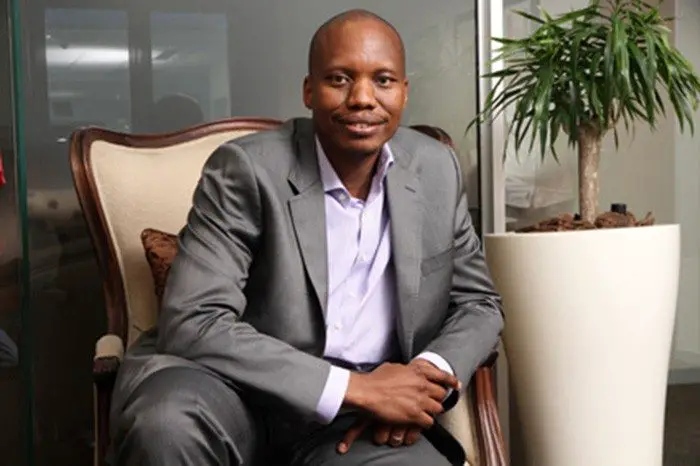Greater energy efficiency is now crucial for both business and ordinary citizens, the Green Building Council of South Africa today warned in the face of further electricity hikes which have been proposed in the 2015 Budget.
“In his Budget speech, Finance Minister Nhlanhla Nene yesterday (25 February 2015) not only announced an increase in the electricity levy, but more importantly indicated that, in order to stabilise its financial position, ESKOM will apply to NERSA for adjustments towards cost-reflective tariffs,” says Brian Wilkinson, Chief Executive of the Green Building Council of South Africa.
“We all know that with the increased dependency on the peaking plants to handle the pressures on the grid, ESKOM’s cost of generation has skyrocketed. The minister’s indication is, we believe, a clear sign that we will shortly see a very significant increase in the cost of electricity. This is really bad news for both business and ordinary South Africans,” he warns.
However, Wilkinson says the electricity crisis is an opportunity, as it illustrates now more than ever before of the crucial need for going green and greater energy efficiency. By doing so both business and consumers will cut down on electricity costs, which will help mitigate the impact of the electricity crisis.
“It is also an opportunity to do good. One of the coolest things about the whole Green Building Movement is the aspect of doing well, by doing good,” adds Wilkinson.
“Given the inevitability of significantly increased electricity costs, this argument becomes even more applicable. The average green office building saves 34% in electricity consumption compared to a standard building. In other words, in buildings that have not yet invested in going green and energy efficiency, tenants in these buildings could effectively be paying 34% more for their electricity,” he explained.
Wilkinson suggests that there has never been a better time for property owners, and tenants, to seriously evaluate how energy efficient their properties are.
“It’s such an opportune time – investment in off-grid or co-generation is really starting to take hold as such projects increase their commercial value in the face of the electricity crisis. The Green Building Council of South Africa itself is a tenant in a building that supplies 60% of its energy needs through photo-voltaic panels on the building’s roof. The owners had expected a four year payback (about 25% ROI), but with a steeply rising electricity tariff the payback period will probably reduce substantially,” he adds.
While the GBCSA has warned about the electricity hikes set to come as a result of proposals in the 2015 Budget, it has welcomed other tax measures announced to promote energy efficiency. These include the increase in the energy efficiency savings incentive, consideration for accelerated depreciation for photovoltaic solar renewable energy, and the extension of incentives to cogeneration projects.
Seana Nkhahle, Chairman of the Green Building Council of South Africa, believes these tax measures to promote energy efficiency in South Africa is good news.
“The proposal to more than double the current energy efficiency savings incentive, from 45c/kWh to 95c/kWh is an excellent move. We are sure this will help spur both industry and other sectors to embrace more energy savings innovations and benefit from the incentive.”
Nkhahle adds: “The proposal to extend this incentive to cogeneration projects as well as the National Treasury’s plan to give consideration to enhancing the accelerated depreciation for solar photovoltaic renewable energy, are also moves in the right direction. However, we keenly await more details on these proposed tax incentives to promote energy efficiency.”

